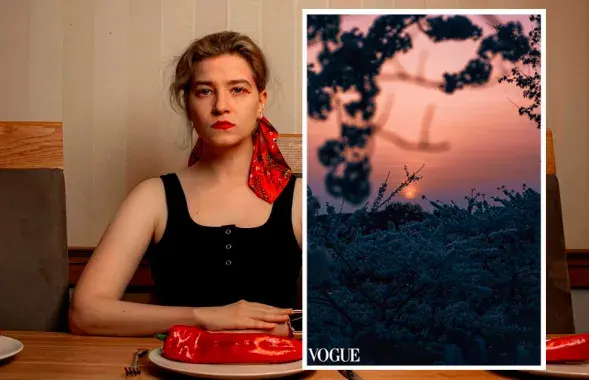Will Lukashenka free political prisoners by amnesty?
Yuryi Barankou, the deputy chief of the Department of Corrections, could not list the exact categories of citizens to which the amnesty would apply.
“We drafted a proposal. I don’t know what is happening with it now. We developed a general draft. So far, it has been processed. I cannot give you more information,” he told our radio.
The list of political prisoners that presently remain in the Belarusian jails includes Alexander Kozulin, Zmicier Dashkevich, Arthur Finkevich and Andrej Klimov. Only one of them was convicted on criminal charges, while the rest are serving their terms under the Administrative Code. Renowned human rights activist Ales Bialiatski suggests that all of them have chances to be freed.
“Usually, amnesties would cancel one year of punishment. As far as Alexander Kozulin who received five and a half years in prison is concerned, he could have one year of his term cancelled. Given the time he has already served, the authorities could also consider his conditional and early release.
In case of Arthur Finkevich or Zmicier Dashkevich, they could easily be freed, given the time they have already served,” he said.
The other former political prisoners – Pavel Seviarynets, Mikola Statkevich and Kaciaryna Sadouskaja – were recently freed. Andrej Klimov had his term reduced by one year. Can we look at these moves by the authorities as liberalization?
“These are just the first sings. It cannot be described as liberalization yet. But I think that the regime’s analysts or ideologists have agreed that they will take a decision to follow this path,” political commentator Uladzimir Matskevich told the European Radio for Belarus.
Former political prisoner Pavel Seviarynets says they could be freed even before the amnesty.
“I would not pin much hopes for this amnesty or the regime’s mercy. I put my hope on the pressure from the West and from the Belarusian society,” he said.
Ihar Rynkevich, the lawyer of Alexander Kozulin, played down these positive expectations.
“He (Kozulin) would have a chance if the Supreme Court reduced his imprisonment term. But, in this case, they should issue either a non-guilty verdict or close the criminal case due to the absence of corpus delicti.
The Prosecutor General needs to issue a formal protest in order to make space for a legally defined decision. We could formally once again approach Mr Sukala, the chairman of the Supreme Court, because the previous rejection was issued by his deputy,” Runkevich said.
According to a poll by the Independent Institute for Social Economic and Political Studies, almost 35 percent of Belarusians said Alexander Kozulin was convicted for political reasons and should be freed.
Thus, one could set hopes on judges as Mr Rynkevich suggests or on God as Pavel Seviarynets says. But one could also look at the amnesty which seems to be giving some hope to the remaining political prisoners.
Photo by www.digitaljournal.com

















